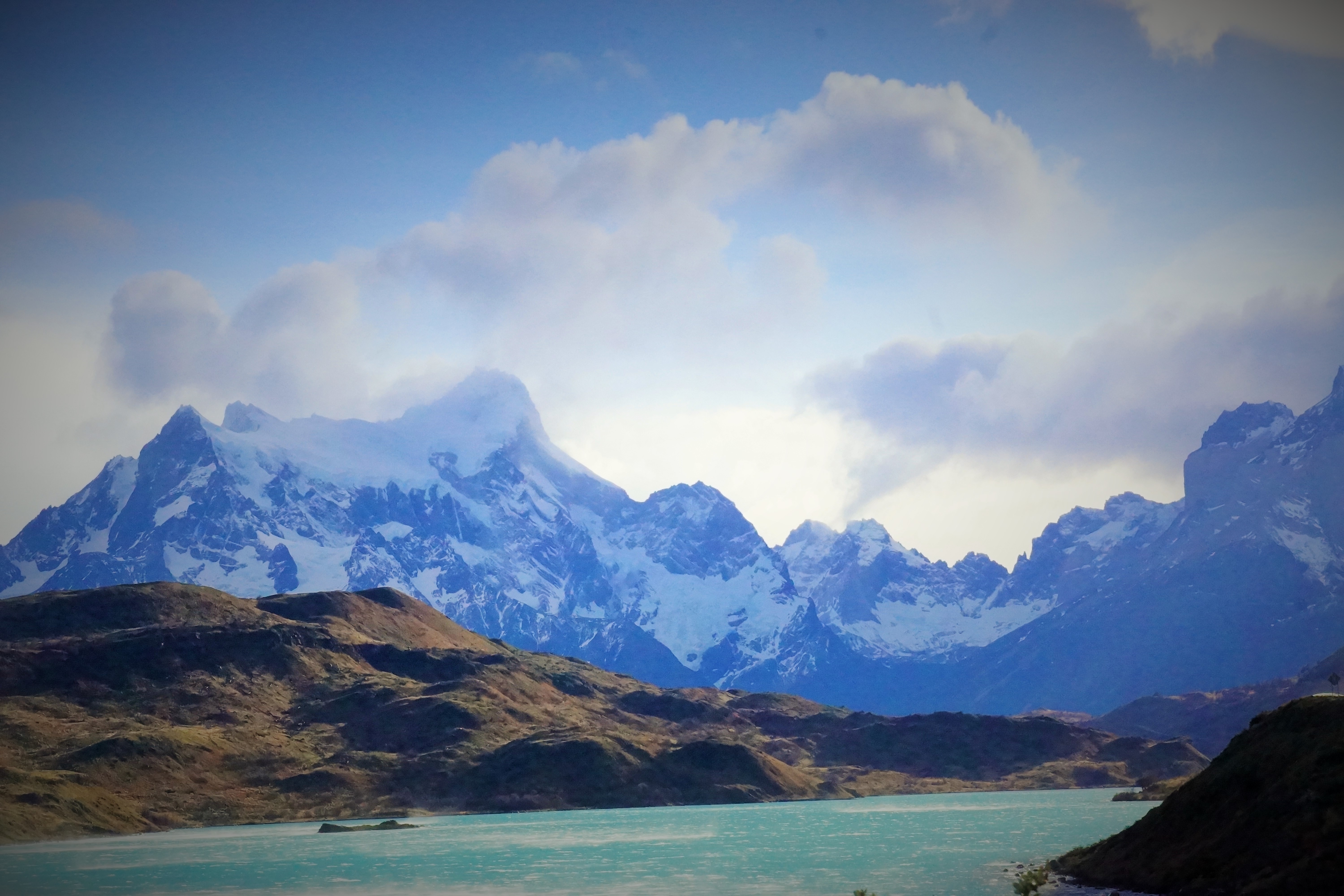
Patagonia, a region shared by Argentina and Chile at the tip of South America, is home to a population of strong, independent farmers and a burgeoning tourism industry. The area is well known for its unparalleled panoramic views and remoteness.
In 2006, a proposal for a mega-project, HidroAysen called for the construction of five hydroelectric power plants in Chile, and 1,684 miles of transmission lines in order to provide clean energy to Santiago, Chile's capital. The mega-project proposal sparked the largest environmental movement Chile has ever encountered, "Patagonia Chilena Sin Represas" or "Chilean Patagonia without Dams."
The movement included over 100 environmental NGOs including many that were international, with a mission to inform and educate the public about Patagonia. Even most Chileans have never visited the region.
In 2011, the campaign took off, bringing together close to 100,000 people on the streets of Santiago marching in protest to block the project's approval. As the campaign started to gain more and more attention in Chile and internationally, HidroAysen became an important issue in Chile's presidential election. President Michelle Bachelet ran on a platform that the project was not viable, and she followed through by putting an end to the project a few weeks into her presidency.
The victory has become an inspiration for all civilian-initiated movements in Chile. However, the question of how Chile will meet its energy demand continues. The end of HidroAysen means Chile will continue to support its energy needs with coal and diesel.
The environmentalists built a base of support in Santiago and internationally in opposition to the mega-project, but many of the residents acknowledge that Patagonia may eventually be used to help support its capital. They would rather see hydroelectricity for Chile than the continued use of fossil fuels.
Victories against hydroelectric dam development can be rare, but there is more to this story than a victory for environmentalism. Residents of the Aysen region where the mega dams were proposed feel marginalized and forgotten. Their voices were lost in the conversation because they were afraid to speak up.
In the last 20 years, Doug Tompkins, co-founder of The North Face, and his wife Kris Tompkins, former CEO of Patagonia, Inc., have purchased over 2 million acres of land in Patagonia with the goal of conserving the land and protecting biodiversity.
Residents of Cochrane, Chile, the closest city to the proposed mega-dam sites, argue they have a right to development.
It's a classic pro-conservation vs. pro-development debate but this time the environmentalists have the capital and power to control change and those in favor of development feel silenced.





